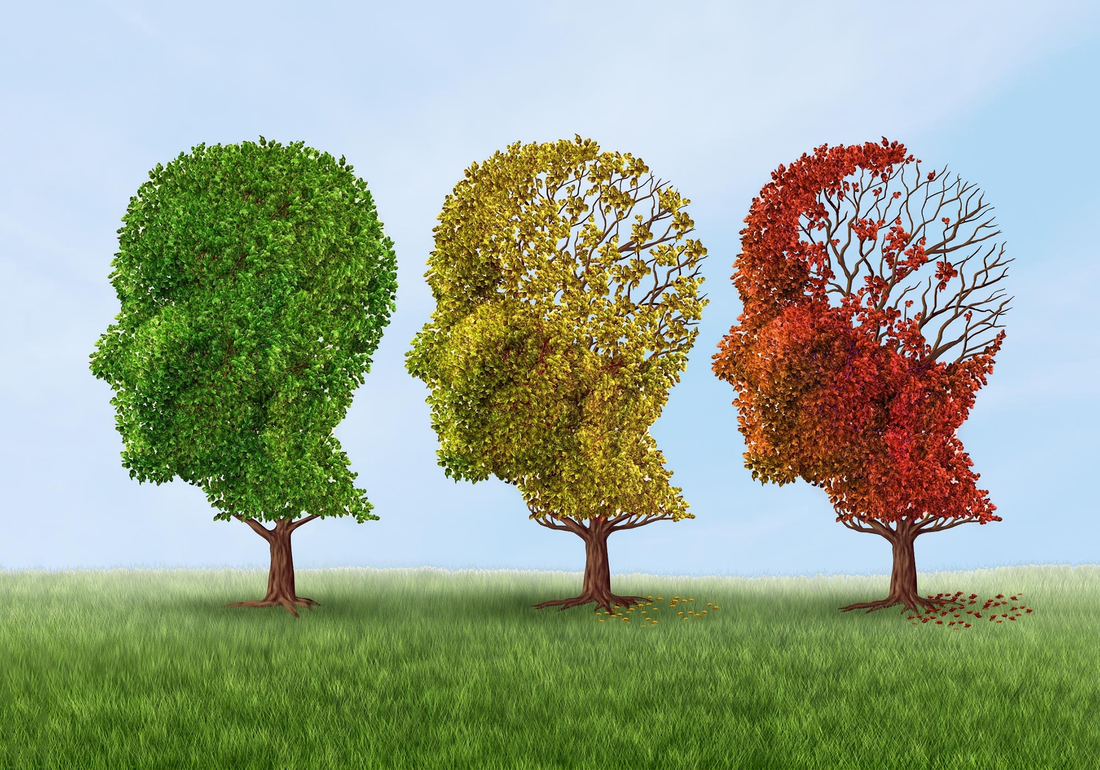Hearing loss is one of the many disabilities that we know of; however, it is also one of the “invisible disabilities”, many health issues are linked to hearing loss. Invisible disabilities mean it is a disability that is not easy to be noticeable. On the other hand, a disability such as vision loss or blindness is a disability that can be seen much easier or is more obvious.
But did you know having hearing loss is not just simply cannot hear, instead hearing loss has a strong relationship with other health issues.
Dementia & Memory Loss
We don’t hear with our ears, instead, we hear with our brains. This is because all the acoustic information ultimately needs to be ended up high in the brain, the ears are just functioning as a conducting system to send the information up to the brain.
If sounds never reach up to the brain, it doesn’t matter how good the ears are, one can never process sounds and hear. Additionally, our brain is just like a piece of muscle, and the “nutrients” for the hearing part of the brain are sounds.
Hearing loss is just like less nutrients, or fewer sounds reaching up to the hearing part of the brain, the less the sounds that are received by that part of the brain. It will start to atrophy, and once atrophy started at one part of the brain, it will start to spread to other parts of the brain. Ultimately, it can lead to dementia and memory loss.
Therefore, if you discovered that you have hearing loss, seeking treatments as soon as possible is essential, and treatments can potentially slow down the memory loss process.
Fatigue
When one cannot hear and without any treatments such as hearing aids, the amount of energy, attention span, and mental focus that one needs to spend on hearing increase. The more hearing loss that one has, the more energy that one needs to spend on hearing. This is especially true if they don’t seek for treatment.
Nowadays, everyone is busy, and we all live in a fast-paced world. With the busy schedule, the less that we need to spend on hearing, the more energy that we have to focus on other important parts of our life. When one just spends so much energy on listening and understanding what others are saying, it drains their body, and as a result, they don’t have much energy left to do other essential things in life. Therefore, seeking treatment options as soon as you found out that you have hearing loss is ideal.
Social isolation & Depression
The most common thing that people with untreated hearing loss do is smile & nod. This is often because the individual with hearing loss is tired of asking others to repeat, or their family and friends are tired of keep increasing their voice when they are talking to an individual with hearing loss, or they are tired of having to repeat themselves; there is only so much that one can do and hold.

As a result, this can tremendously decrease one’s life quality, and it can result in withdrawal, social isolation, and ultimately depression. Seeking the appropriate help that you need for your hearing loss is important. Wearing discreet hearing aids is not a sign of old age, instead keep asking others to repeat is a more obvious sign of old age.
Stress & Heart Problems
Imagine that you are at an important meeting, and you cannot hear what others are saying, so you spend a tremendous amount of energy focusing on just hearing, or imagine that you are at a gathering with your friends or family, because of hearing loss you often need to ask others to repeat.
Situations like these can be very stressful, and stress is never a good thing, especially if one is under a tremendous amount of stress for a long period of time. Stress can lead to many other health issues in many other parts of the human body, and one of the common ones is cardiovascular related issues or heart problems.
Falling / Balance Issues
Did you know the human hearing nerve and the balance nerve ultimately merge and become one nerve? The hearing nerve is named Cochlear Nerve, and the balance nerve is named Vestibular Nerve. Both the Cochlear Nerve and the Vestibular Nerve come together in the Inner Ear, and ultimately they become Cranial Nerve Eight, the Vestibulocochlear Nerve up at the brain; hence, hearing loss and balance issues can go hand in hand.

Additionally, with hearing loss there is less sensory information got sent up to the brain, so one is less aware of their surroundings. When one is less aware of their surroundings, anything, or anyone around them can easily be a surprise and potentially leads to loss of balance or falling.
These are just some common issues related to hearing loss, there are much other health related issues that hearing loss can lead to. Additionally, the common issues that are listed above are all interconnected, they never stand alone.

